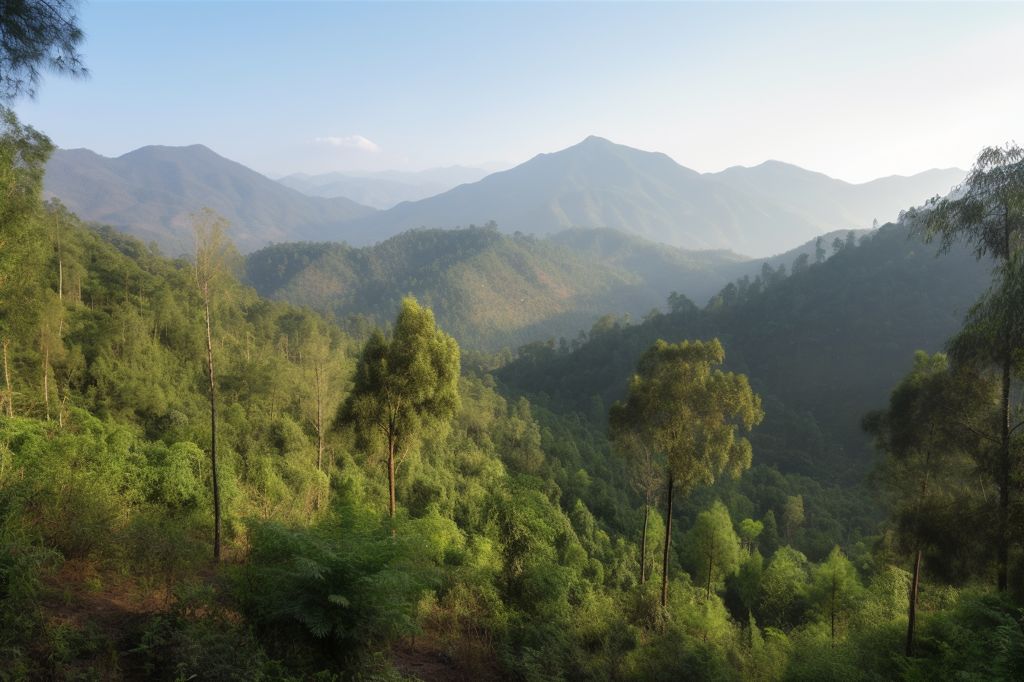The Western Cape has been facing significant energy challenges, including load shedding, high energy costs, and an over-reliance on fossil fuels. To address these issues, the government has been actively exploring alternative energy sources, with a particular focus on green hydrogen.
What is Green Hydrogen?
Green hydrogen is produced through a process called electrolysis, which involves passing an electric current through water to split it into hydrogen and oxygen. When renewable energy sources such as wind or solar power are used as the electricity source, the resulting hydrogen is a clean and sustainable energy carrier. This makes it an attractive alternative to fossil fuels, which contribute to climate change and air pollution.
The Western Cape’s Potential for Green Hydrogen Production
The Western Cape has an abundance of renewable energy resources and existing infrastructure, making it well-positioned to become a leader in green hydrogen production. The region has a thriving wind and solar energy sector, which could provide the electricity needed for electrolysis. Additionally, the Port of Saldanha has been identified as a potential hub for green hydrogen production and export, owing to its deep-water port facilities and proximity to renewable energy projects.
Benefits of Green Hydrogen
The potential benefits of green hydrogen extend beyond reducing the Western Cape’s reliance on fossil fuels. It could also create new opportunities for job creation and economic growth, particularly in rural areas where renewable energy projects are often located. Furthermore, green hydrogen has a wide range of applications, from powering vehicles to providing energy storage and backup power for buildings and communities.
The Role of the 121st Energy Digicon
The 121st Energy Digicon is an important step towards exploring the potential of green hydrogen in the Western Cape. By bringing together experts and stakeholders to discuss this innovative technology, the government can develop a more comprehensive understanding of its benefits and challenges. With continued investment and support, green hydrogen could become a cornerstone of the region’s energy resilience drive, helping to create a greener, more sustainable future for all.












